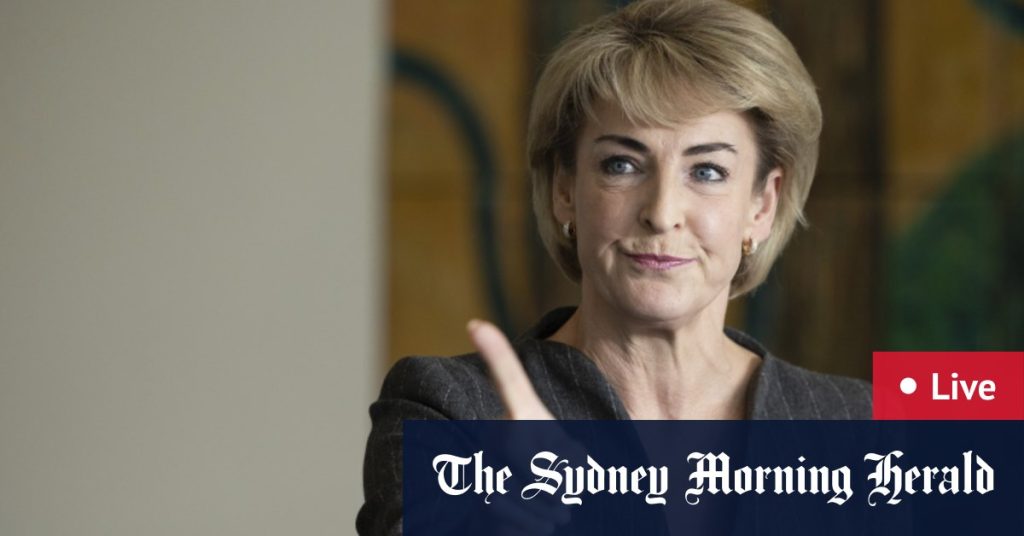During an appearance on Nine’s Today show, Coalition workplace spokeswoman Michaelia Cash expressed her party’s intent to target teal independents in the upcoming election, accusing them of masquerading as centrists while aligning with Labor and the Greens. Cash referred to these teals as being “more green than the Greens,” claiming that voters had been deceived by their actions. She challenged constituents to identify any significant achievements made by their teal representatives, indicating a lack of impact on the electorate.
The Coalition’s decision to focus on unseating teal independents comes as tensions escalate between the government and the crossbench, with accusations of misogyny directed at opposition members. Calls for increased powers for a proposed parliamentary watchdog to address allegations of poor behavior have further strained relations between the two sides. Independent MP Zali Steggall criticized the notion that robust debate justifies inappropriate conduct, insisting that accountability is necessary to uphold standards of behavior in Parliament.
Indigenous Australians Minister Malarndirri McCarthy joined the discussion on Today, highlighting the reasons behind the rise of teal independents in recent elections. McCarthy emphasized that these independents gained traction due to perceived lack of representation and responsiveness from the Coalition, particularly concerning issues affecting women. Establishing a commission to address parliamentary behavior, including both lawmakers and staff, was seen as a necessary step towards fostering a more respectful and inclusive atmosphere in Parliament.
The Coalition’s emphasis on targeting teal independents reflects their strategy to regain control of heartland Liberal seats lost in the previous election. Cash framed a vote for teals as indirectly supporting an Albanese minority government aligned with the Greens, signaling the party’s determination to challenge these independents in the upcoming election. The intense political landscape and shifting dynamics within the crossbench have prompted parties to reassess their approach in securing electoral support and maintaining power in Parliament.
The role of teal independents in influencing the balance of power and shaping policy decisions has become a contentious issue within Australian politics. Their status as key players in determining government outcomes has drawn scrutiny from both major parties, with efforts to undermine their influence and appeal to constituents who may feel disillusioned with traditional party politics. The upcoming election is likely to see a renewed focus on these independent candidates and their impact on the political landscape moving forward.
As the Coalition gears up for the next election, the challenges and opportunities presented by teal independents will continue to shape the political discourse in Australia. The need for accountability, transparency, and effective representation remains at the forefront of public debate, with voters seeking candidates who can address their concerns and prioritize their interests. The relationship between major parties, independents, and the electorate will continue to evolve, reflecting broader shifts in governance, accountability, and political engagement in the country.













